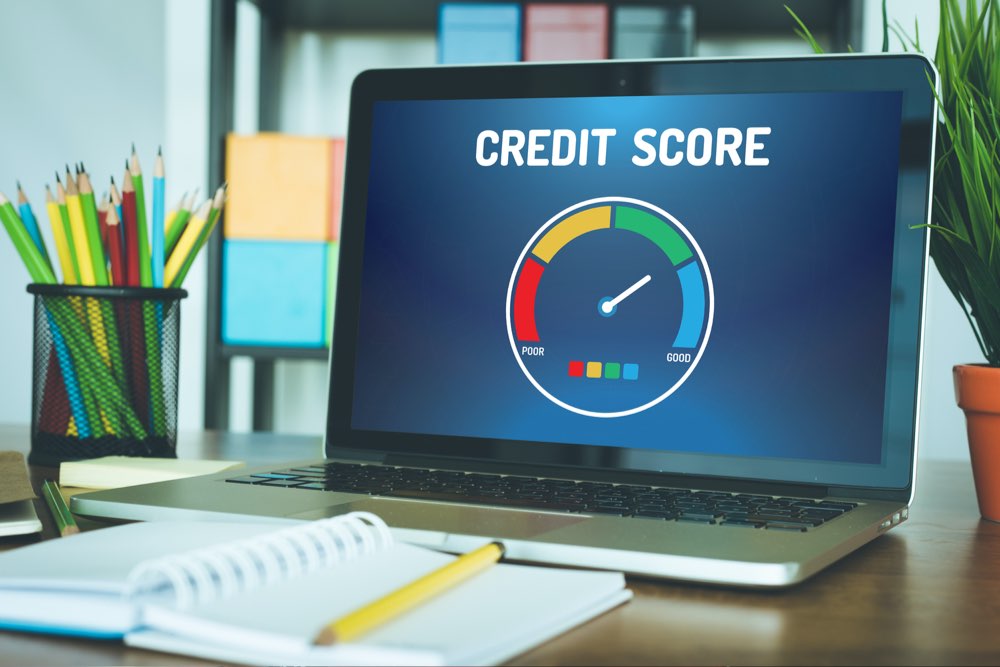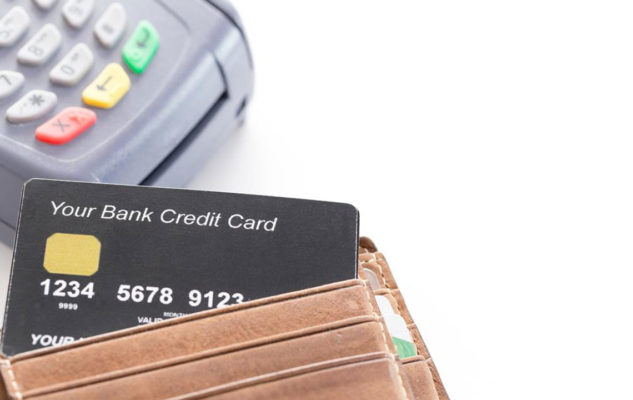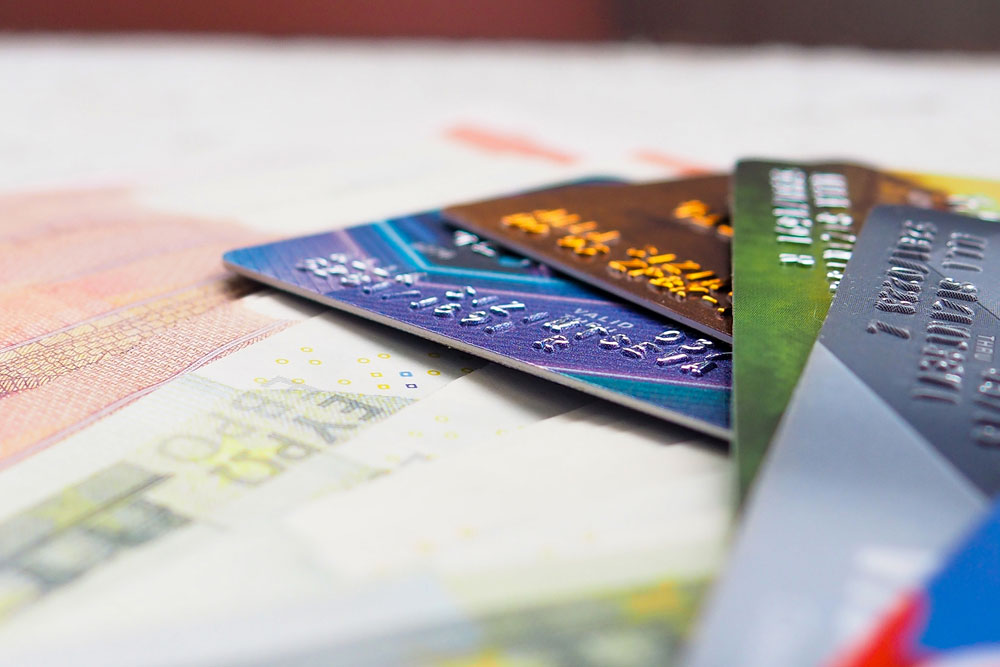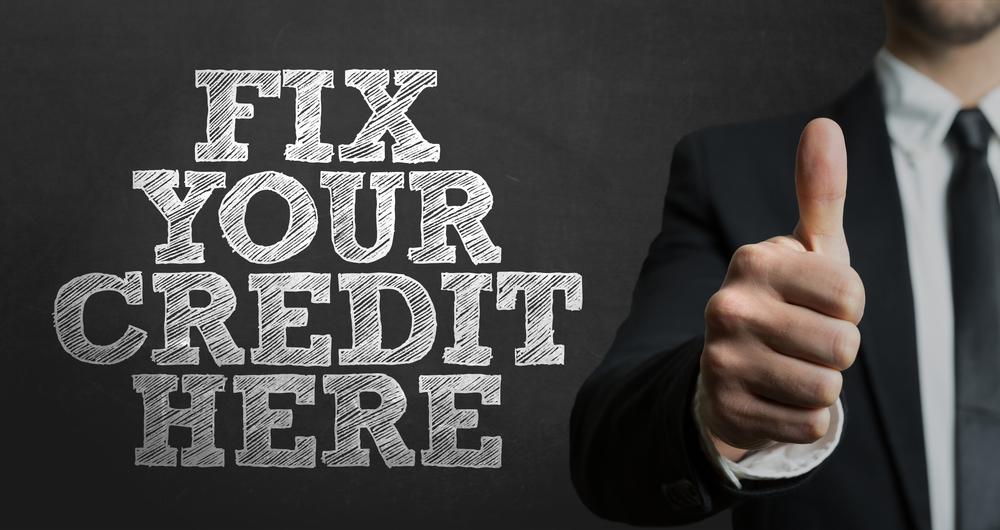Comprehensive Guide to Effectively Managing Your Credit Card Spending and Avoiding Debt
This comprehensive guide offers practical strategies to manage your credit card expenses wisely. Learn how to set spending limits, pay balances on time, monitor activity, and secure your card information to avoid debt and fraud. Responsible credit management maximizes benefits and maintains financial health, making your credit card a powerful financial tool.

Comprehensive Guide to Effectively Managing Your Credit Card Spending and Avoiding Debt
In today’s digital financial landscape, credit cards have become an essential part of everyday life. They offer a quick, convenient way to pay, enabling users to make purchases without carrying cash, enjoy reward programs such as cashback and points, and build credit history. However, while credit cards are incredibly useful, improper management can lead to serious financial issues, including mounting debt, high-interest charges, fees, and even damage to your credit score.
Understanding how to manage your credit card responsibly is crucial to maintaining financial health. This comprehensive guide explores effective strategies to control your credit card expenses, avoid unnecessary charges, and leverage credit cards for your benefit. From setting spending limits to securing your card information, each step plays a vital role in responsible credit management.
Set a Realistic Monthly Spending Limit and Stick to It
Establish a clear monthly budget that reflects your income and expenses, ensuring your credit card usage aligns with your financial capacity.
Track your spending regularly to stay within your set limit, avoiding impulsive buys that can derail your budget.
Adjust your limit if your financial situation changes, maintaining flexibility and control over your expenses.
Pay Your Balances in Full and on Time
Always aim to pay your credit card balance in full each month to avoid accruing interest charges, which can significantly increase your debt over time.
Set up automatic payments or reminders to ensure payments are made before the due date, preventing late fees and penalties.
Be aware that consistent late payments can lead to higher interest rates and potential reduction in your credit limit, impacting your credit score.
Understand and Manage Interest Charges
Interest rates on credit cards can be substantial, especially on cash advances and carried balances. Familiarize yourself with your card’s interest policies to avoid surprises.
Note that cash advances typically have higher interest rates with no grace period, starting accruing immediately upon withdrawal.
To minimize interest costs, pay off your balance quickly and prioritize paying more than the minimum payments.
Avoid Relying on Minimum Payments
Making only minimum payments prolongs your debt and causes interest to accumulate faster, making it harder to clear your balance.
If possible, pay extra toward your balance each month to reduce the overall interest paid and accelerate debt repayment.
Understand that carrying a balance for extended periods can trap you in a cycle of debt, so aim to clear your dues regularly.
Set Alerts for Payments and Credit Card Activity
Utilize email and SMS alerts to remind you of upcoming due dates, recent charges, or suspicious activities.
Enable auto-debit options for bill payments to ensure on-time payments without manual intervention.
Monitoring transaction alerts helps detect unauthorized charges early, protecting your finances from fraud.
Monitor Your Credit Card Usage Carefully
Regularly review your credit card statements to verify all transactions are legitimate and identify any discrepancies early.
Track your credit limit to prevent over-utilization, which can negatively impact your credit score.
Stay vigilant to detect signs of fraud or identity theft, acting quickly to mitigate potential damage.
Using Your Credit Card Wisely for Expenses
Charge everyday expenses such as groceries, bills, and fuel to your credit card, paying off the balance before the due date.
For large or costly purchases, consider installment plans or personal loans instead of over-extending your credit card limit.
If your finances are tight, prioritize settling outstanding bills to prevent interest accumulation and late fees.
Ensure the Security of Your Credit Card Details
Choose credit cards with EMV chip and PIN technology for enhanced security during transactions.
Be cautious when using your card at remote or unattended payment stations, such as gas stations or vending machines, which are more vulnerable to skimming devices.
Protect your PIN by keeping it confidential and never sharing it with anyone.
Regularly update your passwords and enable transaction alerts to monitor your account activity.
Report any suspicious activity or unauthorized charges to your card issuer immediately to prevent further damage.
Additional Tips for Responsible Credit Card Use
Avoid withdrawing cash from ATMs using your credit card unless absolutely necessary, as cash advances often carry high fees and interest rates.
Be mindful of your spending patterns, especially during sales events or promotions, to prevent overspending.
If you face financial challenges, consider negotiating payment plans or seeking financial advice rather than defaulting or missing payments.
Maintain an emergency fund to cover unexpected expenses, reducing reliance on credit cards for urgent needs.
Effective credit card management involves a combination of disciplined spending, timely payments, security awareness, and proactive monitoring. By following these strategies, you can maximize the benefits of your credit card—such as rewards, credit building, and convenience—while minimizing risks like debt, fees, and fraud. Responsible usage ensures that your credit card remains a valuable financial tool that supports your long-term financial health.





